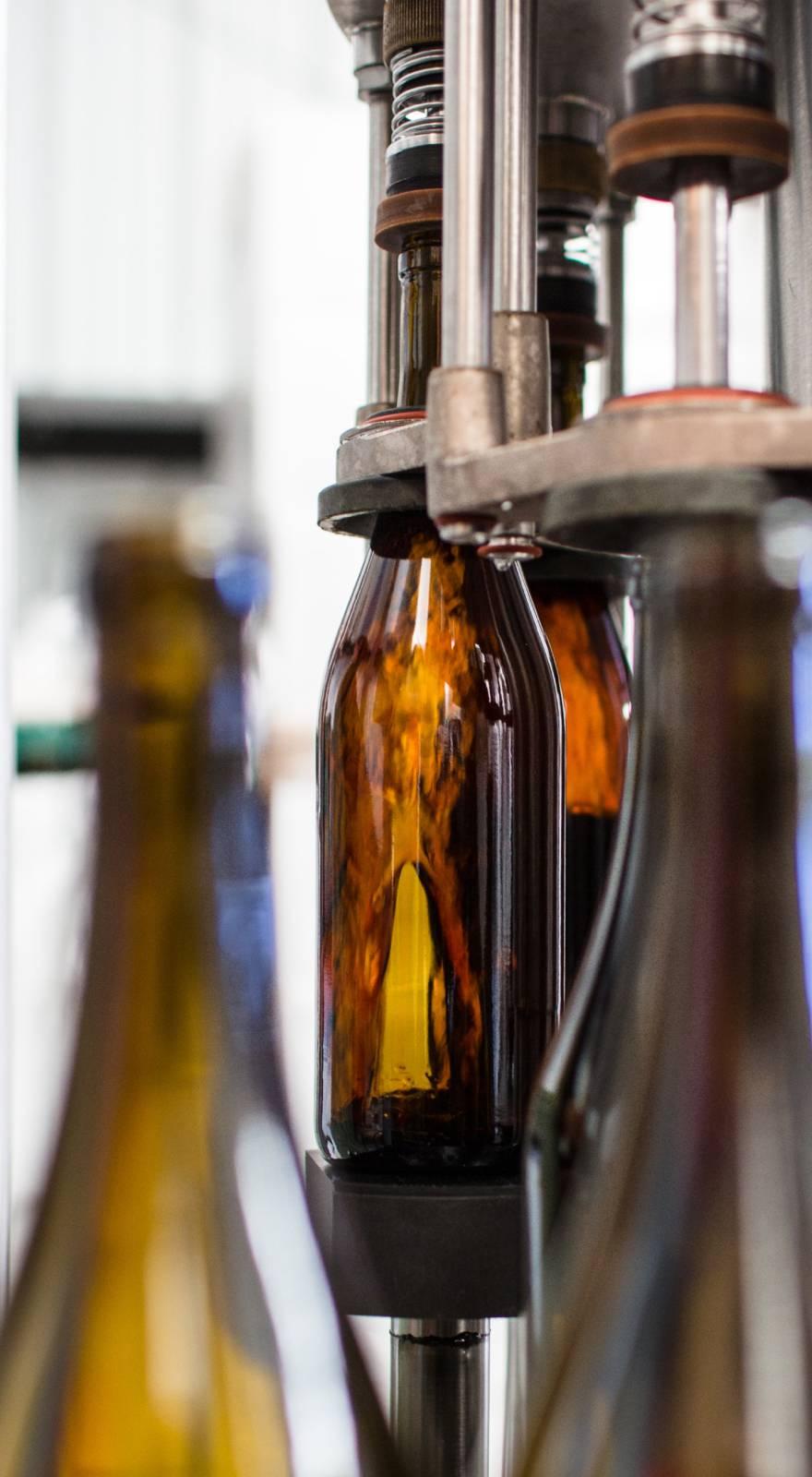Knowde Enhanced TDS
Identification & Functionality
- Technologies
- Product Families
Features & Benefits
- Ready-to-Use Product Features
- Characteristics
Recommendation
The ink should be stirred homogeneously before printing and if necessary during production.
Drying Parallel to physical drying, i. e. the evaporation of the solvents used, the actual hardening of the ink film is caused by the self-crosslinking reaction of the ink. The standard values concerning progressive cross-linking reactions of the ink film (thickness 5-12µ) are as follows:Temperature Time Overprintable: 180° C 5 min. Final drying: (min-max) 250 - 330° C 30 min. Stress resistance
The ink film exhibits outstanding adhesion, aswell as rub, and scratch resistance after proper final drying (30 minutes at min. 250°C).
The following resistances were tested:
• Cross Hatch Test: DIN EN 2409, ASTM 3359-02
• Heat Soak Test: Dwell 72 h at 65 °C / 95 % RH
• Boiling Water / 30 min.
• Thermal Cycling Test: 20 cycles (High: 2 h at 80°C / 30 min. at 35°C, Low : 2 h at -20°C / 30 min. at 35°C)
• 100 double rub strokes (850 g): Ethanol 96%
• Film hardness: > 3 H
• Electrical Resistance: > 1011, EN61340-5-1: 2008-07
• Adhesion after acid/alkali resistance tests
Applications & Uses
- Applications
- Field of Application
Substrates
MGHT was designed for high temperature applications on special glass materials such as:
• Soda-lime glass
• Borosilicate glass
• Gorilla® glass
• Xensation® glass
After proper final drying, MGHT withstands 330°C for 30 min. without impairing the essential ink features! Other materials with high temperature resistance are also being tested and in some cases used, for example:
• Metal Compounds
• Enamel Compounds
Ideal printing conditions include a room temperature of 20-25° C and 45-60% humidity, and equal surface tension of at least 40 mN/m ensures good adhesion. Further-more, the glass surface must be clean and absolutely free of graphite, silicone, dust or grease (e.g. finger prints). Flame pre-treatment right before the start of the printing process generally improves adhesion. Since all the print substrates mentioned may be different in printability even within an individual type, preliminary trials are essential to determine the suitability for the intended use.
Technical Details & Test Data
- Technical Details
YV Thinner, medium 4-8% GLV Thinner, slow 4-8% SV 3 Retarder 4-8% MP Matting Powder 1-3% STM Thickening Agent 1-2% ES Printing Modifier 0.5-1% UR 3 Cleaner (flp. 42°C) UR 4 Cleaner (flp. 52°C) UR 5 Cleaner (flp. 72°C) Thinner is added to the ink to adjust the printing viscosity. For slow printing sequences and fine motifs, it may be necessary to add retarder to the thinner. For an additional thinning of the ink containing retarder, only pure thinner should be used. By adding Matting Powder MP the ink film can be matted individually (preliminary trials in terms of adhesion and resistance are essential, white shades addition max. 2%). The Thickening Agent STM enhances the ink's viscosity without significantly influencing the degree of gloss. Please stir well, the use of an automatic mixing machine is recommended. Printing Modifier ES contains silicone and can be used to rectify flow problems on critical substrates. If an excessive amount is added, flow problems are increased and adhesion may be reduced, especially when overprinting. The use of ES may reduce the degree of gloss. The cleaners UR 3 and UR 4 are recommended for manual cleaning of the working equipment. Cleaner UR 5 is recommended for manual or automatic cleaning of the working equipment.
Printing Parameters
All types of commercially available polyester fabrics and solvent-resistant stencils can be used. A suitable mesh count for thin ink films is 120-34 - 165-27.
Packaging & Availability
- Range
High Opaque Shades 170 Opaque White 180 Opaque Black Further Products 910 Overprint VarnishAll shades are intermixable. Mixing with other ink types or auxiliaries must be avoided in order to maintain the special characteristics of this ink.
Storage & Handling
- Shelf Life
Shelf life depends very much on the formula/ reactivity of the ink system as well as the storage temperature. It is 2 years for an unopened ink container if stored in a dark room at a temperature of 15-25°C. Under different conditions, particularly higher storage temperatures, the shelf life is reduced. In such cases, the warranty given by Marabu expires.

